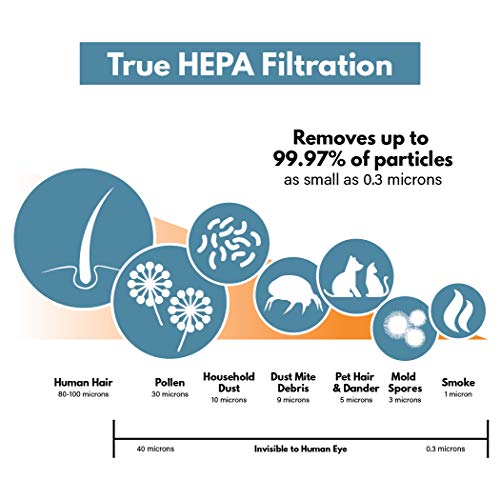Princess Elizabeth's Early Years with Jane Dismore
Category: austin air junior

The development of artificial intelligence (AI) has been a topic of significant interest and debate in recent years. As AI technology continues to advance, it has the potential to revolutionize various aspects of our lives, from healthcare and education to transportation and entertainment. However, the rapid progress of AI also raises important ethical and societal concerns that must be addressed.
One of the primary benefits of AI is its ability to automate and streamline many tasks, improving efficiency and productivity. In the healthcare sector, for example, AI-powered diagnostic tools can analyze medical images and data more accurately and quickly than human experts, potentially leading to earlier disease detection and more effective treatment. Similarly, in the transportation industry, autonomous vehicles equipped with AI can navigate roads more safely and efficiently, reducing the risk of human error and traffic congestion.
Nonetheless, the increasing reliance on AI also raises concerns about job displacement and the potential for AI systems to perpetuate or even amplify societal biases. As AI algorithms are trained on data that may reflect historical biases, they can inadvertently reproduce and reinforce prejudices related to race, gender, or socioeconomic status. This can have far-reaching consequences, such as discriminatory hiring practices or biased decision-making in areas like criminal justice or finance.
Another significant concern is the potential for AI to be used for malicious purposes, such as cyberattacks, disinformation campaigns, or autonomous weapons. As AI becomes more sophisticated, the risk of these technologies falling into the wrong hands and causing harm increases. Governments and policymakers must work closely with the technology industry to develop robust security measures and ethical guidelines to mitigate these risks.
Furthermore, the integration of AI into various aspects of our lives raises important questions about privacy and data governance. As AI systems collect and analyze vast amounts of personal data, it is crucial to ensure that this data is used responsibly and in accordance with individual privacy rights. Transparency and accountability in the development and deployment of AI systems are essential to building public trust and addressing these concerns.
To address these challenges, a multifaceted approach is required. Policymakers, technology companies, and civil society must collaborate to develop comprehensive regulatory frameworks that balance the benefits of AI with appropriate safeguards. This may involve the establishment of ethical guidelines, mandatory AI impact assessments, and mechanisms for public oversight and redress.
Additionally, educating the public about the capabilities and limitations of AI is crucial. By fostering a better understanding of how AI systems work and their potential implications, we can empower citizens to make informed decisions and participate actively in the shaping of AI policies and regulations.
As we continue to witness the remarkable advancements in AI, it is essential that we approach this technology with a balanced and responsible mindset. By addressing the ethical and societal concerns associated with AI, we can harness its immense potential to improve our lives while mitigating the risks and ensuring that the benefits of AI are distributed equitably across society.
product information:
| Attribute | Value |
|---|

















